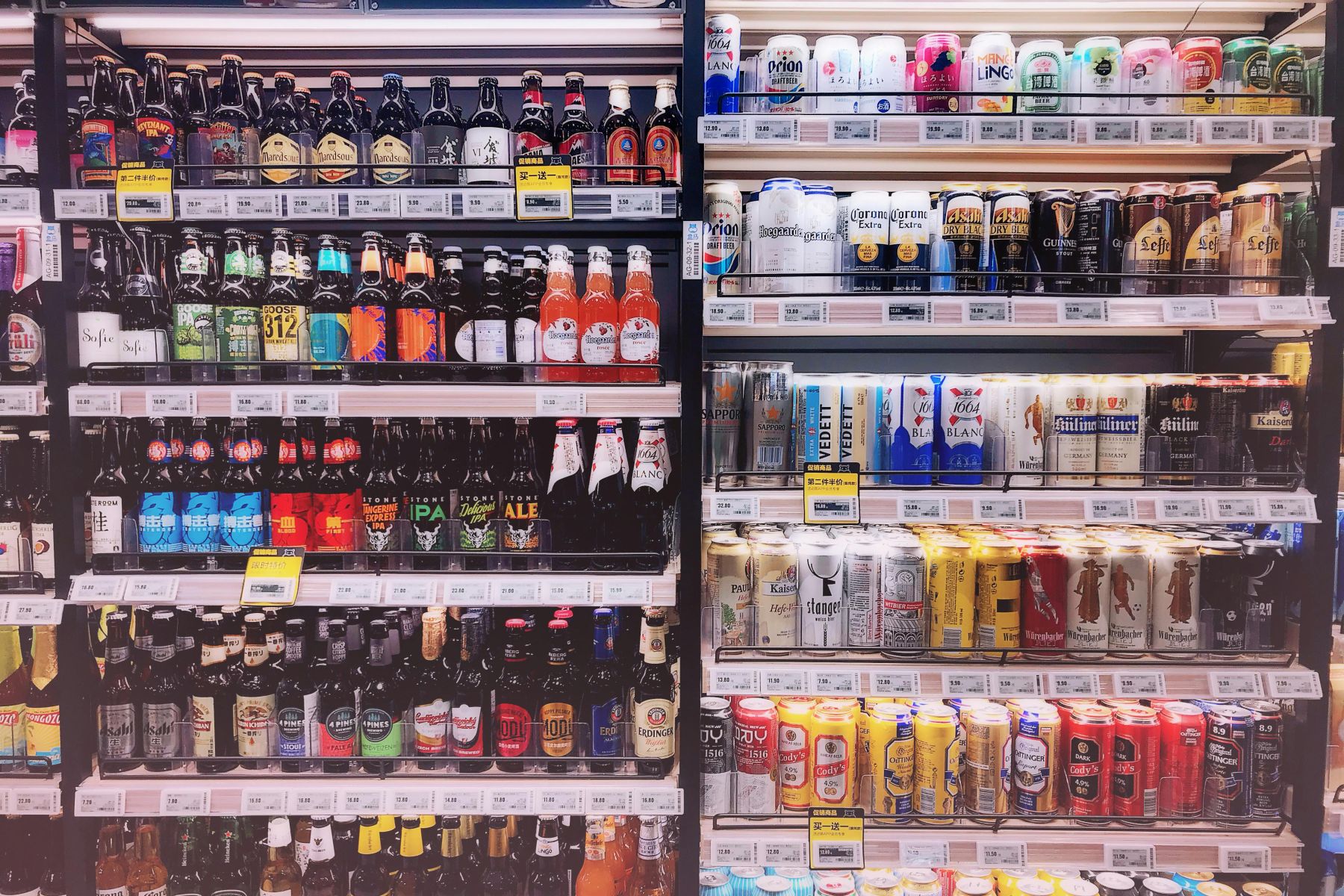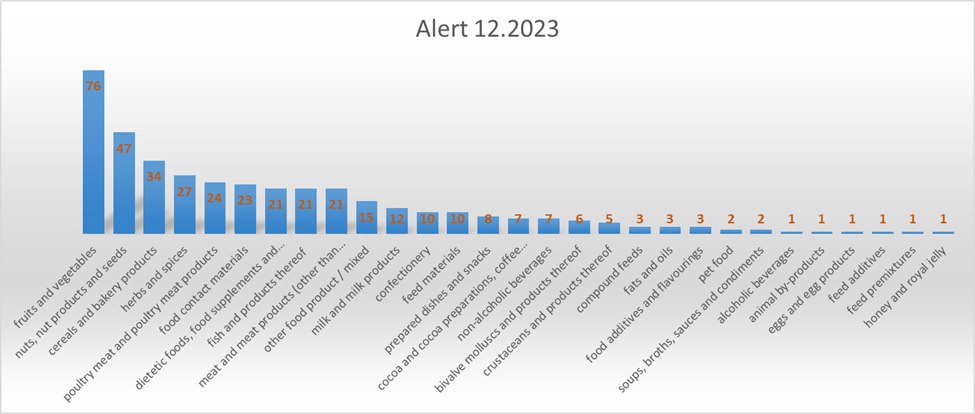In response to the growing global demand for Halal products and services—particularly from Islamic countries—the Government of Vietnam has developed a Draft Decree on the management of Halal product and service quality. This document aims to establish a unified, transparent, and internationally aligned legal framework that facilitates Vietnamese enterprises’ access to the global Halal market.
Key Provisions of the Draft
- Scope and Applicable Entities:
- Organizations and individuals engaged in the production and trading of Halal products and services in Vietnam.
- Halal testing and certification bodies.
- Relevant government regulatory authorities.
- Definitions of Halal Terminology:
The Draft Decree clearly defines the following concepts: Halal (permissible under Islamic law), Haram (prohibited), Najis (impure substances), Halal Certification (confirmation that a product/service complies with Islamic law), Halal Mark (a symbol identifying a product that has been certified), and Halal Cross-Contamination (unintended contact with Haram/Najis elements).
- Principles of Halal Quality Management:
- Full compliance with Vietnamese law and international treaties to which Vietnam is a signatory.
- Consistency, transparency, and non-discrimination in Halal management and certification activities.
- Harmonization with international standards such as those issued by OIC, SMIIC, and Codex Alimentarius.
- Protection of Muslim consumers and legitimate Halal businesses from fraud and misrepresentation.
- Risk-based management focusing on high-risk elements affecting Halal integrity.
- Assurance of traceability throughout the entire Halal supply chain.
- Halal Standards and Declaration of Conformity:
- Adoption of national (TCVN), international, regional, or foreign Halal standards.
- Enterprises must declare applicable standards prior to market release.
- Declaration dossiers must be complete, accurate, and accessible.
- Standards must not conflict with Vietnamese law or Islamic principles.
- Requirements for Halal Products and Services:
For Halal Products:
- Ingredients and additives must be Halal, free from Haram or Najis substances. Animal-derived materials must be sourced and slaughtered according to Islamic rites.
- Production processes must be hygienic and prevent cross-contamination.
- Packaging, storage, transportation, and display must preserve Halal integrity and avoid direct contact with Haram/Najis materials.
- Product labeling must be truthful, clear, and comply with labeling laws and Halal mark regulations.
- Pre-packaged goods must comply with measurement regulations.
For Halal Services:
- Facilities, processes, and personnel must adhere to Halal principles.
- Internal control systems are encouraged to maintain ongoing compliance.
- Halal Labeling and Traceability:
- Each Halal product must display the phrase “HALAL PRODUCT” or “HALAL” in uppercase Latin script, in a visible and indelible location.
- Font size and color must contrast with the label background for easy recognition.
- Labels must include:
- Name and address of the manufacturer.
- Name and logo of the Halal certification body.
- Halal certificate number.
- Country of origin.
- Misleading or false labeling is strictly prohibited.
- Non-Halal products that may be mistaken for Halal must be labeled “NOT A HALAL PRODUCT” or “NON-HALAL”.
- Packaging and imagery must not contain offensive or culturally insensitive elements.
- Use of QR codes, RFID, blockchain, and other digital tools is encouraged for traceability and integration with the national Halal database.
- Halal Testing and Certification:
- Testing must be conducted by licensed, competent laboratories ensuring objectivity and accuracy.
- Halal certification is voluntary but may be mandatory if required by export markets.
- Certification bodies must employ qualified Muslim experts with formal training and practical experience.
- Halal marks must include the word “HALAL” in Latin and Arabic script, the certifier’s name/logo, and registration number.
- Recognition of Foreign Halal Certifications:
Vietnam will recognize foreign Halal certifications if the certifying body:
- Is licensed to operate in Vietnam.
- Is part of a Mutual Recognition Arrangement (MRA).
- Is accredited by IAF or APAC under ISO/IEC 17065. Importers must provide proof of valid Halal certification upon request.
- Government Support for Halal Sector Development
- International Cooperation:
- Signing MRAs and participating in global Halal forums.
- Trade Promotion:
- Supporting enterprises to attend Halal trade fairs and exhibitions.
- Promoting Halal products under the Vietnam National Brand Program.
- Financial Support:
- Preferential credit and funding for initial Halal certification costs.
- Development of a national Halal database.
- Human Resource Development:
- Establishing Halal-related academic programs.
- Organizing training for businesses, experts, and regulators.
- Responsibilities of Ministries and Local Authorities:
- Ministry of Science and Technology: Oversees standards, certification, and the Halal database.
- Ministry of Industry and Trade: Leads trade promotion and market surveillance.
- Other Ministries (Health, Agriculture, Construction, Finance, Foreign Affairs, etc.): Coordinate sector-specific Halal management.
- Provincial People’s Committees: Implement, inspect, and promote Halal development locally.
- Effective Date: The Decree will take effect upon official promulgation by the Government.
This Draft Decree represents a strategic move to develop Vietnam’s Halal industry, enabling domestic enterprises to access global Muslim markets while safeguarding consumer rights and enhancing product and service quality.
Full text of the Draft Decree:
https://members.wto.org/crnattachments/2025/TBT/VNM/25_04842_00_x.pdf


